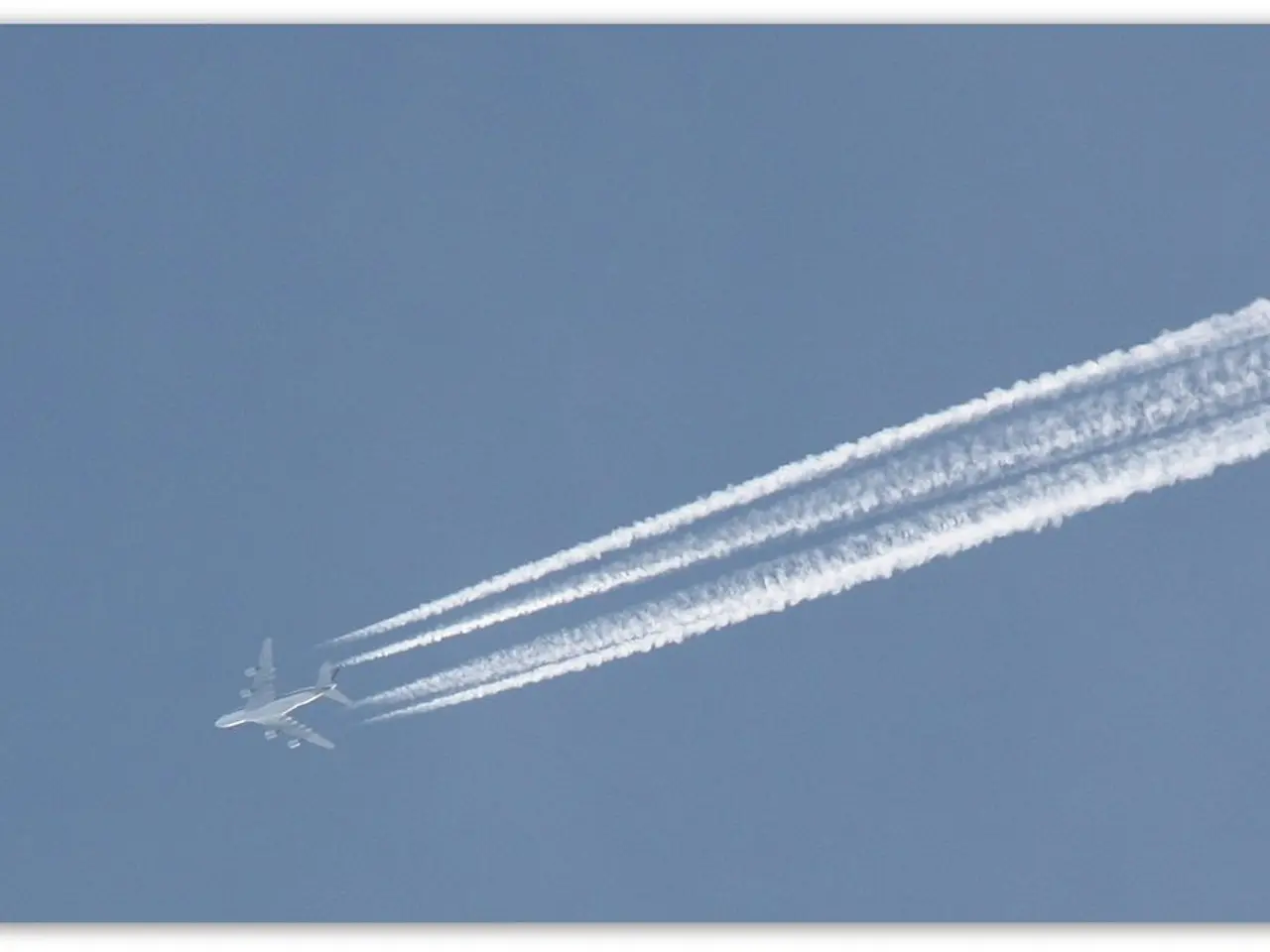Economic slowdown in Russia prompts leading export companies to significantly reduce rail freight transportation, according to Reuters.
Major Russian exporters are scaling back their shipments of metals and oil products via rail, suggesting a softening demand and a deceleration in the nation's war-inflamed economy, according to a document obtained by Reuters.
Russian Railways faces a substantial cut in spending by an additional 32.5 billion rubles ($408 million) due to a decrease in planned rail freight by firms like Rusal and Gazpromneft, revealed the document. This move brings the state monopoly's proposed investment for 2025 to 858.4 billion rubles, a reduction of about 3.5% from initial projections.
Russian Railways had previously planned to lower its investment about 40% in 2025, attributing the decision to rising interest payment costs. Cargo volumes have dropped to a 15-year low in 2024, with rail transportation serving as a crucial barometer of the overall health of Russia's export-dependent manufacturing sector, as per the outlet's review of an internal presentation to the railway's board by First Deputy CEO Vadim Mikhaylov.
The revised cargo forecast discussed in the document indicates that Russian Railways expects to transport 36.7 million metric tons less than the earlier projected 1.24 billion tons in 2025. Despite full-year volume still being projected to exceed 2024's total of 1.18 billion tons, cargo transport declined 6.8% year-on-year between January and April, highlighting a broader industrial downturn.
Key companies scaling back their shipments include aluminum producer Rusal and steel manufacturers Severstal, MMK, TMK, NLMK, and Evraz. The document reportedly noted that "high rates have also led steel producers to reduce loading volumes."
Several factors are contributing to this reduction, according to the document reviewed by Reuters. These include increased external pressures on Russia’s export-oriented industries, tightened monetary policies, sanctions against metal, forestry, and oil companies, security risks, and strained trade relations with major partners like China.
Heightened international sanctions have restricted production and export capacity for companies such as Surgutneftegaz, Tatneft, Gazpromneft, and Rusal. Sanctions have also led to production cuts, such as Rusal’s reduction of aluminum output by 250,000 tons yearly due to surging alumina costs.
The document also mentions "third-party interference," referring to Ukrainian drone attacks on energy infrastructure that have disrupted refining activities and added uncertainty to fuel logistics, further affecting rail shipping volumes. Additionally, trade between Russia and China has deteriorated, with exports of wood, fertilizer, metals, and oil products all decreasing, leading to a 7.5% decrease in bilateral trade turnover since the beginning of the year, reducing export demands.
These challenges are exacerbated by rising financial costs and the more cautious investment climate within the state rail monopoly, as indicated by the planned cutbacks in Russian Railways investment. In summary, the decline in rail shipments is a result of a combination of internal economic slowdown, international sanctions, geopolitical tensions, and external pressure on key trading partners.
- In light of the reduced rail freight by companies like Rusal and Gazpromneft, it seems that industry and finance sectors in Russia are experiencing a contraction, leading to a substantial cut in spending for Russian Railways.
- With key steel producers, such as Severstal, MMK, TMK, NLMK, and Evraz, also cutting back on their shipments, it suggests a troubling trend for the export-dependent manufacturing sector of Russia, where cargo volumes have dropped to a 15-year low and rail transportation serves as a critical indicator of the industry's overall health.








